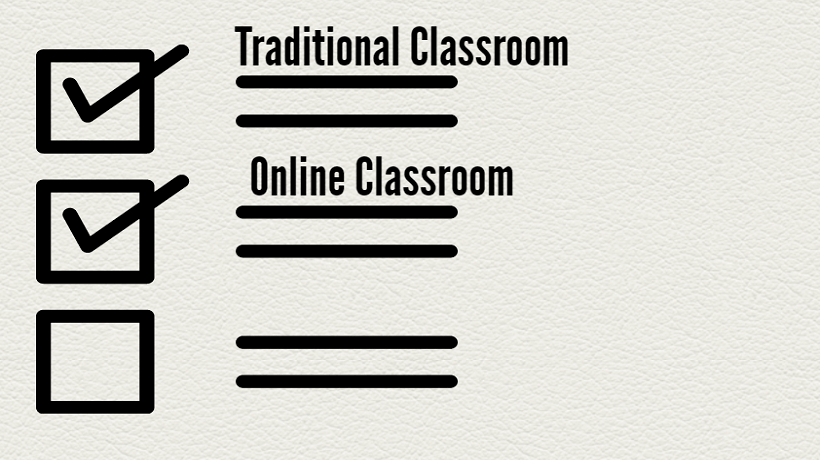Is the golden age of online higher education already over for traditional universities?
Back in 2001, I participated in the successful start-up of a major research university’s initiative to enter the online degree market. A couple of experienced entrepreneurs headed up the effort, backed by the university president’s endorsement and a couple of million dollars. The entire staff at launch consisted of an instructional designer, a marketing guy, an IT guy and someone (me) to build relationships within the university so that we had degrees to market.If you built it (back then), they would comeIn the early 2000s, if you were a non-profit university with a good reputation, when it came to online learning, it really was a case of, “if you build it, they will come.” We found some deans that were willing to put a program or two online. The IT guy created a basic Web site. The marketing guy started experimenting with online marketing tactics. The instructional designer helped the faculty create rudimentary online courses. We had some initial success with enrollments, were able to use the revenue to increase the scale and quality of what we were doing, and in a few years we had thousands of enrollments and tens of millions in revenues from online programs. Mission accomplished!Maybe you are thinking that your institution should do the same thing: assemble a few smart people, get a few bucks in seed money, find some deans and faculty members open to online learning, have some initial successes and bootstrap your way to ever greater online success and revenue from there. Sounds like a plan – except it’s not.Those days are long gone.2014: Amateur hour is overFast forward to 2014. That few million dollars in seed money we got from the university in 2001 won’t go very far today, if you can even get it. Whatever passed for online marketing back then would be amateur hour now. Truth be told, our Web site and the courses we built back in the day were pretty mediocre, but they were good enough at the time because expectations were low. Working adult students were just thrilled to have online access to a degree from a well-known university with a good reputation.Today, to maintain the reputation of your university if nothing else, you have to hit the ground running with a state-of-the-art online program. To have even a chance a creating a large and financially self-sustaining online program today, you need tens of millions of dollars in upfront investment and a full cadre of experienced specialists in marketing, instructional design, and online student services from Day One, not to mention broad buy-in from the academic side of the house. This in turn means you need enthusiastic university leadership with very deep pockets (and long arms) or you need to partner with a corporate online enabler that will look to take around half of the revenues that your online programs generate.That’s not to mention today’s operating environment. The major market for online degree programs has proven to be working adults. In recent years, the number of adult students seeking online degrees has leveled off. Since the financial crisis, adult students are increasingly financially tapped-out, price-sensitive and debt-adverse. Competition is fierce across the board. To top it off, at some point there will be a shake-out of the weaker programs and consolidation resulting in fewer significant players in the online space. It’s hardly a welcoming environment for new entrants.It was fun while it lastedSo if you are a college or university finally getting around to thinking about maybe putting some of your degree programs online, unless you are very well-financed, have a great brand, a great marketing and recruiting machine, and can hit the market with a suite of well-differentiated world-class programs, forget it. The online bucks will not be rolling in. That ship has sailed.The golden age of online learning, at least that flavor of online learning created in the image of traditional higher education, is over. It was fun while it lasted.








